#Mishima Yukio
Text

Natsuko's Adventure
Mishima Yukio
Asahi Shimbun Company
1951
475 notes
·
View notes
Text

#yukio mishima#tribute#netego#mishima yukio#nov 25#yukio mishima tribute#japanese#author#japanese literature#literature#japanese author
40 notes
·
View notes
Text

I'm still holding out hope that in the last episode of Bungo Stray Dogs this season Sigma will be revealed to be Mishima Yukio and that he will help save the day and become a member of the Agency. Here is why I want that to happen:
Sigma is part of the Decay of the Angels organization that is named after Mishima Yukio's book, so Mishima should be a part of that organization, right? And Sigma is the only character in that organization who is not based a specific author already.
In real life Mishima Yukio hated Dazai Osamu and the two are compared a lot because there are plenty of similarities and opposites between their lives and writing, so it is fun to compare them. Doesn't that seem like it would be interesting in BSD if Sigma ended up being Mishima?
Since the arc started with the decay of the angels symbolism, wouldn't it be cool is the tables were turned and the symbolism was used in destroying the Decay of the Angels organization?
I want to post Mishima Yukio quotes.
#bungo stray dogs#bungou stray dogs#bsd#theory#mishima yukio#decay of the angels#dazai osamu#my own theory since nobody knows what is going to happen#this is really unnerving not having any manga chapters to use as a reference for the anime#anything could happen#and no one will see it coming (probably)#I'm probably delusional still wanting Mishima Yukio to be a character in BSD
42 notes
·
View notes
Text
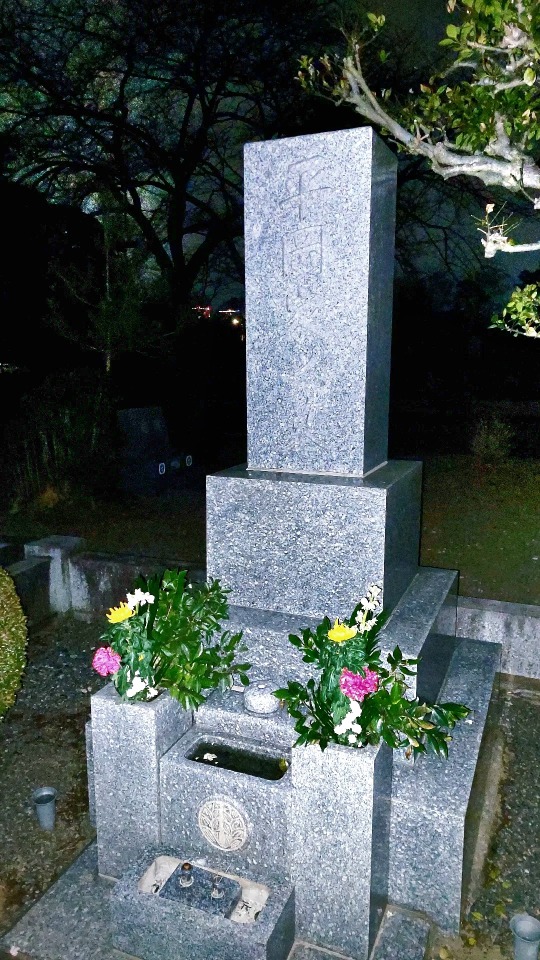
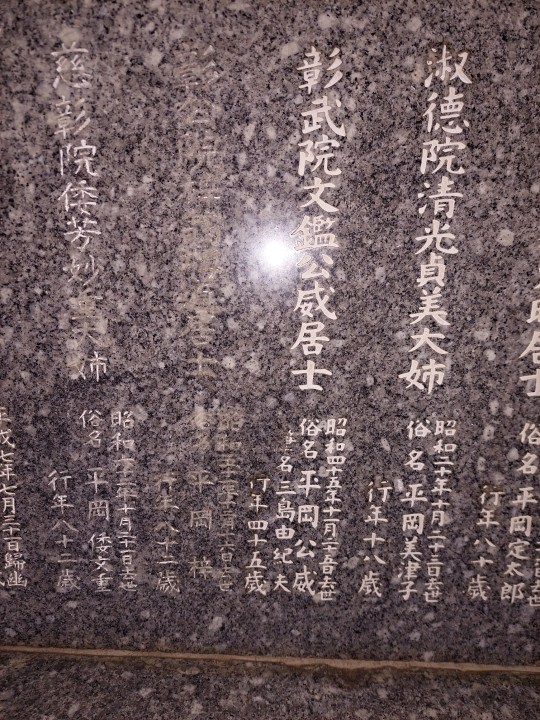
大変遅くなり申し訳ございませんが、ついに参拝してまいりました、三島様。
ご冥福をお祈り申し上げます。
Mi scuso enormemente per il notevole ritardo, ma finalmente sono venuta a portarle i miei ossequi.
Che la terra le sia lieve, Mishima-sama.
#credo di aver realizzato una specie di sogno#夢みたいな目標叶えた気がする#三島由紀男#Mishima Yukio#Mishima#Mishima's tomb#tomba di Mishima#三島の墓#è da quando ho cominciato a scrivere la tesi che pensavo a questa cosa#卒論書いてた時からこの事をしようと考えてはじめた
17 notes
·
View notes
Text
“We are too accustomed to the absurdity of existence. The loss of a universe is not worth taking seriously.”
— Mishima Yukio, The Decay of the Angel
#quote#literature#quotes to remember#yukio mishima#mishima yukio#Japanese lit#the decay of the angel
136 notes
·
View notes
Text



Yellowjackets 2x04 "Old Wounds" (2023) | Mishima Yukio, The Sea of Fertility Volume I: Spring Snow (1969, trans. Michael Gallagher 1972)
#yellowjackets#lottie matthews#laura lee#web weaving#yellowjackets web weaving#mishima yukio#yukio mishima#the sea of fertility#japanese lit#lottie lee
51 notes
·
View notes
Text

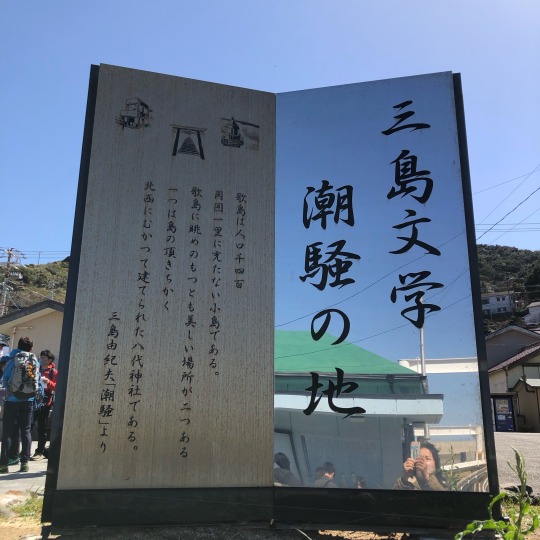
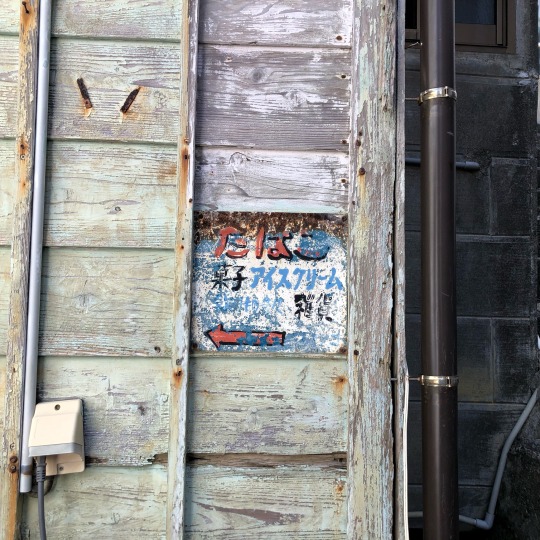


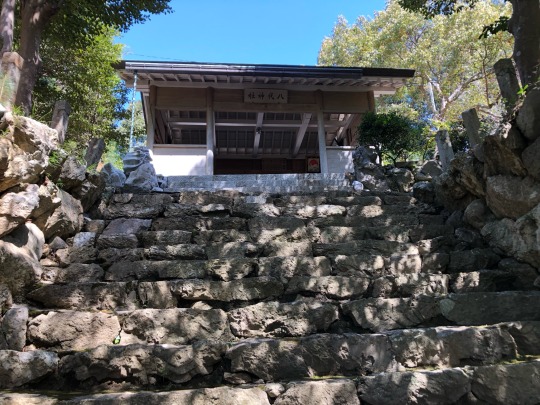

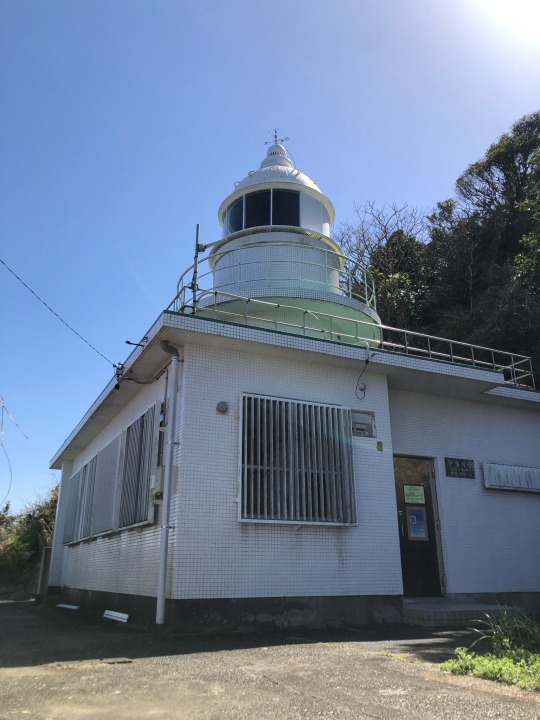
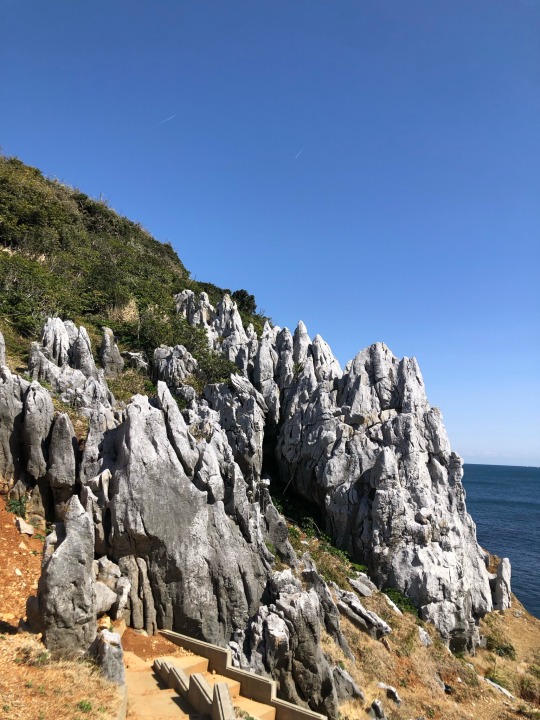
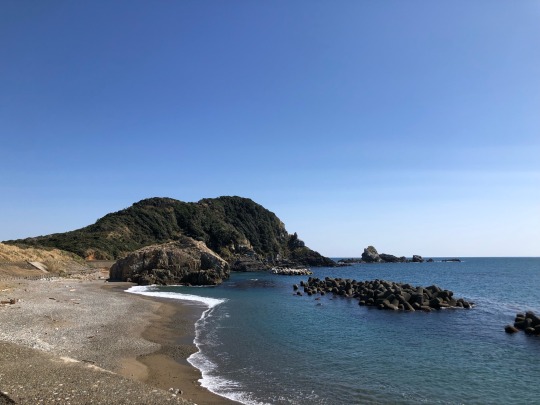
「潮騒」の旅をしに神島へ。美しい以上に美しく、あまりの素晴らしい景色に心が洗われました。
#神島#潮騒#潮騒の地#三島由紀夫#路地#時計台#どこも階段だらけ#八代神社#向かい獅子#灯台#カルスト台地#八丈岩#浜辺#yukio mishima#mishima#mishima yukio#the sound of waves#kamishima#kamishima iland#yatsushiro shrine#karst#karst topography#lighthouse#beach
63 notes
·
View notes
Text


Mishima Yukio: The temple of the golden pavilion
8 notes
·
View notes
Photo

(Am I posting this from my bunk? Yes, I am)
Japanese literature recommendations!
If you’ve been here for a while, you know that this account was actually super Japanese-lit centered, but now it’s time for actual recommendations haha
In stack (top to bottom)
The Sea of Fertility tetralogy by Mishima Yukio
💌: My first ever Mishima work(s)! It holds a very special place in my heart. I was really invested in Honda’s search for his friend’s reincarnations and all the extremities he went to in order to confirm their legitimacy. Temple of Dawn might be triggering for some people, but other than that, I enjoyed this body of work! I was planning on adding The Sailor Who Fell from Grace with The Sea but I know people have divided opinions on that book, but I promise you, this set is amazing.
Kokoro (Heart) by Natsume Souseki
💌: Another one of my Japanese favorites! I loved the story (Sensei not so much) and the epistolary confession by the end of the book? Gorgeous, but heart-breaking. The plot follows the unnamed narrator and the older man he calls Sensei and their lives, until Sensei has to confess a dark secret he has kept for all these years. I think the one of the defining characteristics of Japanese literature is that most of the time, nothing is really happening in peripheral vision. There is no visible war or conflict, but instead it’s usually the character against themselves, with the backdrop being a bigger happening in retrospect (see The Makioka Sisters)
No Longer Human + The Setting Sun by Dazai Osamu
💌: No thoughts, only pain. In contrast to Kokoro, all the characters are miserable and have/had some sort of ongoing conflict in their lives. In No Longer Human, Yozo is a man who believes that he is shameful and disgusting (he really is though) and jumps around from woman to woman, commits substance abuse, and su*cide multiple times in the story. While relatable in some aspects, you can’t help but actually feel disdain for Yozo and his actions.
💌: In The Setting Sun, former aristocrat Kazuko is trying to piece her life back together after World War II with her elderly mother and narcotic-addicted brother, Naoji. She falls in love and only tragedy ensues after that. She finds herself falling deeper in a hole she cannot escape and in the end, she is alone. Dazai depicts post-war Japan and its people through Kazuko and Naoji in The Setting Sun.
The Makioka Sisters (Light Snow) by Tanizaki Jun’ichiro
💌: The reason I’m recommending this is not only because it is Tanizaki’s most popular work, but because of its writing style. I don’t know how I would explain it, but everything is written in precise detail, even up to the jaundice and former family status of one of Yukiko’s marriage prospects. The three Makioka sisters desperately try to preserve their family and fortune as their lives modernize right in front of their eyes. All the sisters are unique and the story feels like a teahouse gossip but in extreme detail. It’s similar to the Cherry Orchard by Chekhov, but Japanese in nature!
The standing books (left to right)
Hell Screen by Akutagawa Ryunnosuke
💌: I love Akutagawa, thank you. I was first introduced to Japanese literature by Rashoumon and In a Grove (which are also great short stories), but Hell Screen is on new levels of subtly disturbing. The book also includes, but is not limited to: Spinning Gears and The Life of a Stupid Man, my personal favorites of his. His stories are very short!!! And historical!! Great for people who short attention spans. Apart from his writing, Akutagawa is a very interesting person and I actually did my freshman year paper on him and his writing :)
Of Dogs and Walls by Yuko Tsushima
💌: A beautiful, tear-inducing book, with The Watery Realm and the titular story in it. Yuko Tsushima won the Akutagawa and Tanizaki prizes, two of Japan’s most prestigious literary awards, which should prove her ability as a writer, but I don recommend actually experiencing her work because it will change the way you see life and memory.
Three Japanese Short Stories
💌: A Penguin compilation with Akutagawa, Nagai, and Uno! Great for those who want to get into Japanese 19-20th century literature, but don’t know where to start. It’s also very small and short, so it’s great for Japanese lit babies and busy people
Is there anything else you’d add? Maybe something you put on your tbr? Perhaps your fave author is here? Let me know, let’s chat!
#reading#books#book stack#literature#Japanese literature#aesthetic#my books#Book Recommendations#Dazai Osamu#akutagawa ryuunosuke#yuko tsushima#mishima yukio#tanizaki junichirou#natsume soseki#for you#writing#book blog#icaruia reads 📖
80 notes
·
View notes
Text
I don't want to do the Misery thing to any authors, but I would like to try the GeGeGe no Kitaro thing, because I think that had a destructive effect upon Mishima's self-image IRL, thereby implying that my crime (turning an author into a bonsai watered by blood) might be able to affect the meta-reality in which my victim and I exist as figures within a comic narrative
7 notes
·
View notes
Photo

“As many people must have experienced for themselces, the greater the accuracy of a blow from a boxing glove or a fencing sword, the more it is felt as a counterblow rather than as a direct assault on the opponent’s person.
One’s own blow, one’s own strength, creates a kind of hollow. A blow is succesful if, at that instant, the opponent’s body fits into that hollow in space and assumes a form precisely identical with it.”
-Mishima, Yukio in Sun and Steel (1970)
Mishima Yukio, drawn by me.
Reference is the cover of Sun and Steel by Mishima.
#art#analog art#pencil#drawing#paper#pencil drawing#Mishima#Yukio#Mishima Yukio#Yukio Mishima#Hiroaka Kimitake#my art
16 notes
·
View notes
Text
Tại sao ruột xố ra lại trông thê thảm như vậy? Tại sao khi thấy nội tạng của con người, chúng ta lại che mắt kinh hãi? Tại sao người ta lại bị chấn động khi thấy máu chảy? Tại sao ruột rà của con người lại xấu xí đến như vậy?... Ruột rà ấy há chẳng hoàn toàn có cùng chất với vẻ đẹp của làn da bóng bấy, trẻ trung?
Tại sao lại có vẻ vô nhân đạo khi nhìn con người bên ngoài và bên trong rồi coi người ta như hoa hồng chẳng có phần trong lẫn phần ngoài? Giả như con người giống như hoa hồng, có thể mềm dẻo đảo lộn, xoay ngược phần trong tinh thần và phần trong thể xác, phô chúng ra trước ánh nắng và gió trời tháng Năm...
/ Kim Các Tự - Mishima Yukio

#tumblr vietnam#việt nam#quoteoftheday#vietnam#quotes#vietnamese#mishima yukio#bookblr#books and reading
4 notes
·
View notes
Text
Unpopular Opinion: Death of the Author
Can we please normalise falling in love with the writing style of an author, with the characters, but disagreeing with them politically? For the most part, an author's opinions are not the same as the book, and, if the story is semi-autobiographical, you can pity them - after all, a person forms their political stance due to their environment.
If we do not consume problematic media, we won't know why it's problematic or how to detect the applicable dogwhistles. Moreover, you can agree with the author, to a point, but not fully. Not diluting your political diet is just as likely to stunt your critical thinking skills as not having a political diet at all. No nuance in media is liable to make you vulnerable to black-and-white extremist thinking and rob you of the ability separate the author from their work, causing parasocial relationships.
#unpopular opinion#hot take#problematic fiction#anti fanpol#critical thinking#political discourse#this was about ____ in particular#harry potter#jk rowling#lgbtq fiction#mishima yukio#yukio mishima#kamen no kohaku#confessions of a mask#personally I admire his wish for an honourable death#but he was extremely right wing#i don't agree with that#japanese culture#suicide#seppaku#parasocial relationships#death of the author
5 notes
·
View notes
Text
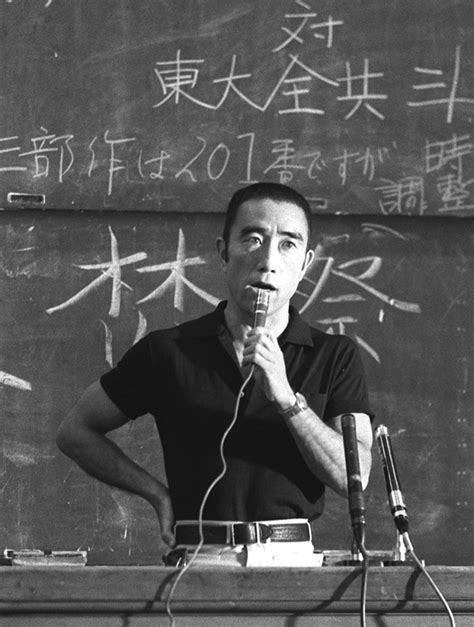

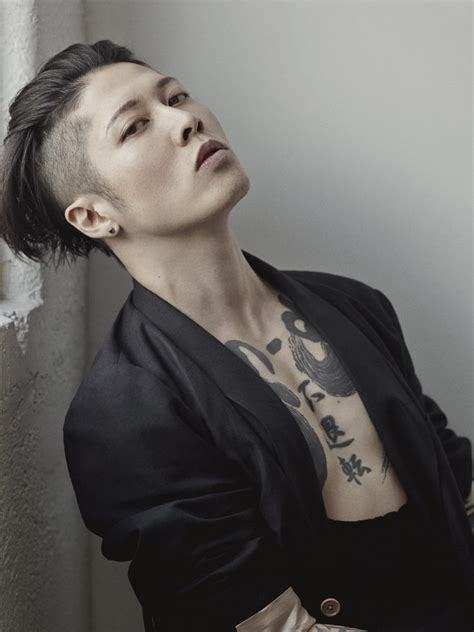


✨️ Io e le mie ossessioni ✨️
#coreani giapponesi e napoletani#jamm chi cazz#Mishima Yukio#Miyavi#San Sebastiano perché ci sta sempre bene#Jungkook#new entry#Liberato
1 note
·
View note
Text

Tinta y cometas
#escritos#notas#tinta y cometas#frases#citas#letras#poemas#versos#poesía#amor#agosto 2024#julsen bastian#yukio mishima
5K notes
·
View notes
